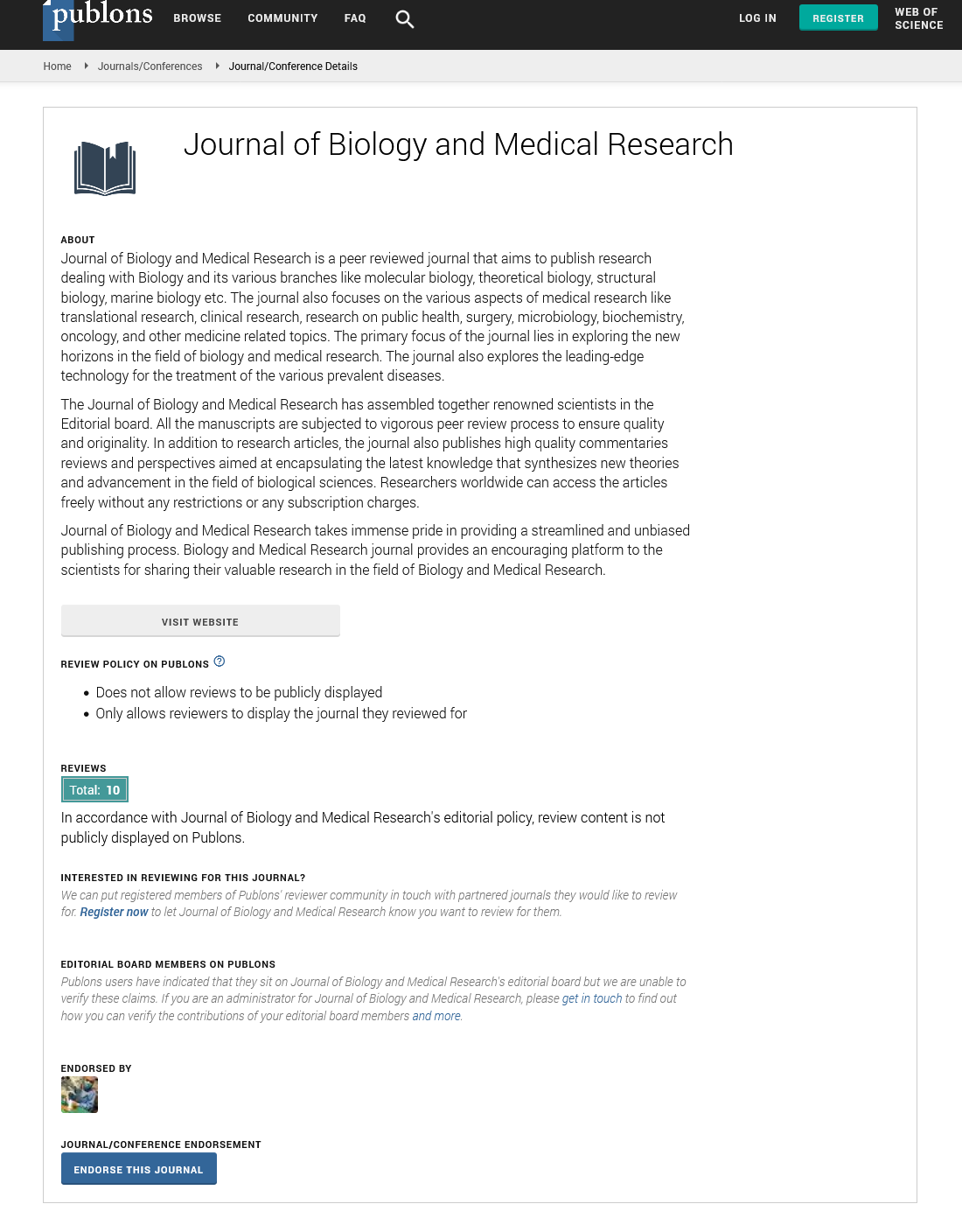Abstract
Ergonomics & Human Factors 2019 -Ergonomics & Human Factors-Stress and burnout as a psycho-social risk at public sector among workers
The present study aimed to examine the relationships between occupational stresses, burnout situations as a psycho-convivial risk and the subtypes that of the application job-cognate affective salubrity according to the demographic factors among public sector employees. In the study, data were accumulated by questionnaire method. The research was conducted on 185 public officials who participated in the training during the “stress and burnout training” given to the public sector workers, and the total of 177 questionnaires was evaluated because 8 of the questionnaires were missing and incorrectly filled. In this study, a 7-item job stress scale developed by House and Rizzo (1972) was acclimated to quantify the psychological and psychosomatic symptoms cognate to the stresses experienced by public officials in the workplace. To quantify burnout, Maslach Burnout Inventory developed Maslach and Jackson (1981) was utilized. The emotional lassitude sub-dimension consists of 9 items, the depersonalization sub-dimension consists of 5 items and the personal accomplishment sub-dimension consists of a total of eight items in the Burnout Inventory consisting of 22 items and three sub-dimensions. To quantify Job-cognate salubrity Job-Cognate Affective Salubrity Scale (JAWS) was utilized that has been designed by Katwyk, Fox, Spector, Kelloway (2000). The main objective of the study was predicated on the expectancy that the four subtypes of JAWS would show consistent and prognosticable correlations with Stress and Burnout. The average age of the participants is 36.82±8.36.
Author(s): Serpil Aytac Uludag University, Turkey
Abstract | PDF
Share This Article
Google Scholar citation report
Citations : 80
Journal of Biology and Medical Research received 80 citations as per Google Scholar report
Journal of Biology and Medical Research peer review process verified at publons
Abstracted/Indexed in
- Google Scholar
- Publons
Open Access Journals
- Aquaculture & Veterinary Science
- Chemistry & Chemical Sciences
- Clinical Sciences
- Engineering
- General Science
- Genetics & Molecular Biology
- Health Care & Nursing
- Immunology & Microbiology
- Materials Science
- Mathematics & Physics
- Medical Sciences
- Neurology & Psychiatry
- Oncology & Cancer Science
- Pharmaceutical Sciences
